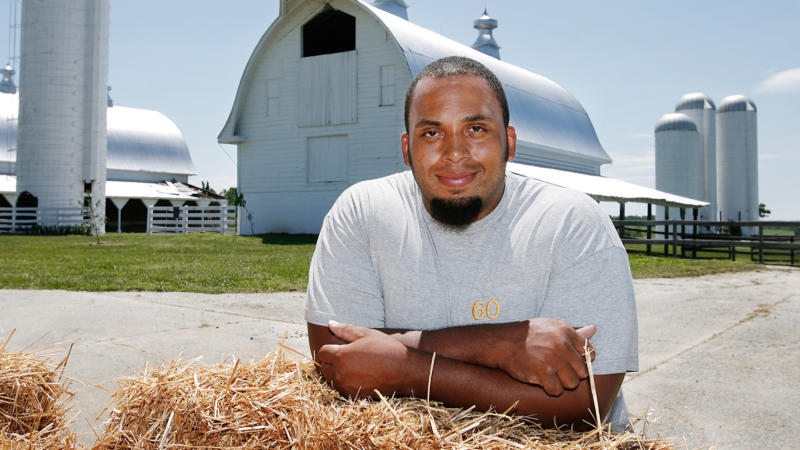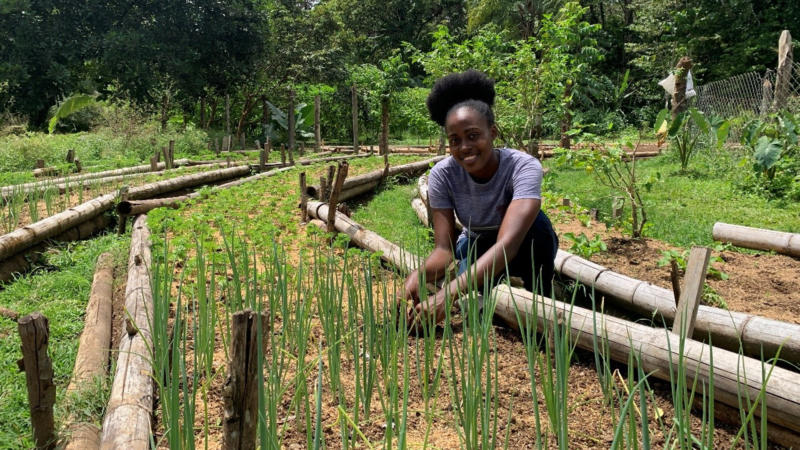All results

This former NFL star has rewritten his story. Jason Brown served seven years in the NFL, beginning with the Baltimore Ravens as a fourth-round draft pick before moving to the St. Louis Rams under a five-year deal totaling $37.5 million. At one point, Brown became the highest-paid professional center in the league, he revealed on TODAY. However, despite a gleaming future ahead, he felt there was a higher calling on his life and he refused to ignore it. The former football player was inspired by the life of his brother Lunsford B. Brown II, who passed away in 2003 while serving in Iraq. While comparing his 27 years of life to his brother, he realized he too wanted to use his talents for the greater good. Brown would receive an offer to return to the Baltimore Ravens, but he decided to venture into unfamiliar territory and become a farmer. Brown moved from his mansion to open First Fruits Farm in North Carolina. “People tell me I’m crazy, they downright tell me that I’m stupid okay to...

Young, Black, and gifted leaders across the globe are actively leading innovations that seek to create solutions to the multitude of challenges the world faces, and Dorcas Lukwesa, who is set to enact change in Zambia, is among them. Earlier in 2021, the social entrepreneur won the Resolution Social Venture Challenge (SVC) at Mastercard Foundation’s Baobab Summit for her project, Mobile Aquaponics — a social venture that aims to combat the drastic impact of climate change.

When one typically thinks of farmers, images of white people in Middle America almost immediately come to mind. There’s a variety of reasons why the United States wanted to push the quasi-stereotypical “Dust Bowl” image of the “All American” farmer, but those reasons are all, at their core, rooted in white supremacy and racism. For Angela Dawson, a fourth-generation farmer based in Minnesota and the founder of the 40 Acres cooperative, reclaiming the farming narrative for Black farmers also involves reclaiming the farms that were stripped away from them. “There is so much financial trauma embedded in the Black farming narrative,” she told AfroTech. “Foreclosure, racism, slavery, marginalization — and, of course, the lack of representation. What farmers look like us in the popular narrative? That’s why, whenever Congress passed a farming bill, it never included Black farmers. But that’s what we’re looking to change.” Dawson left her thriving career as a food writer and marketer to...